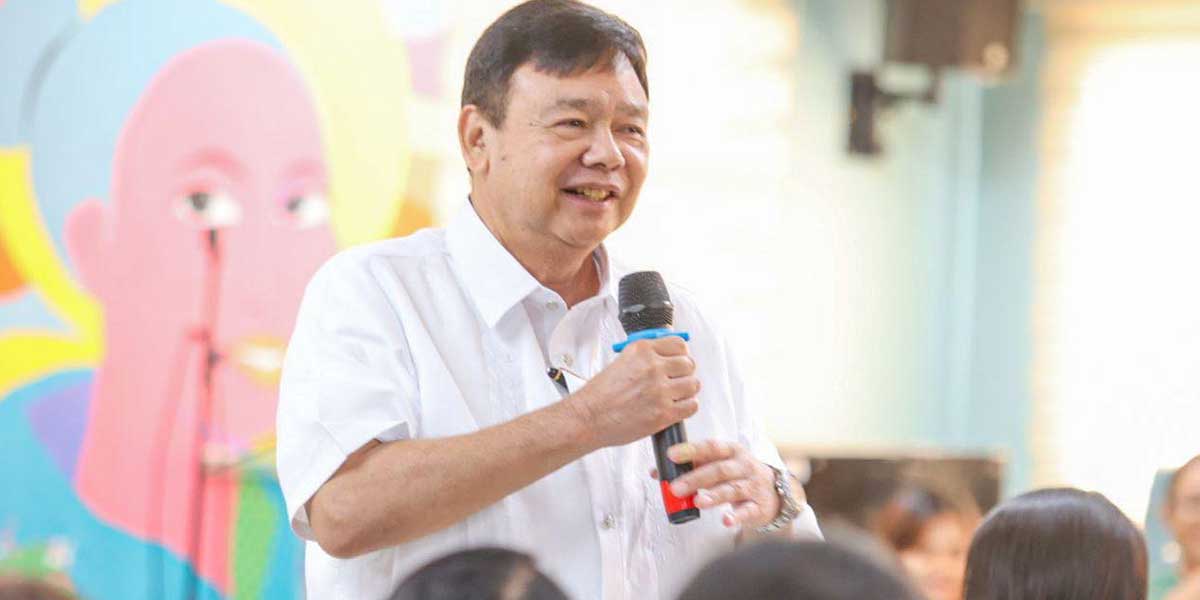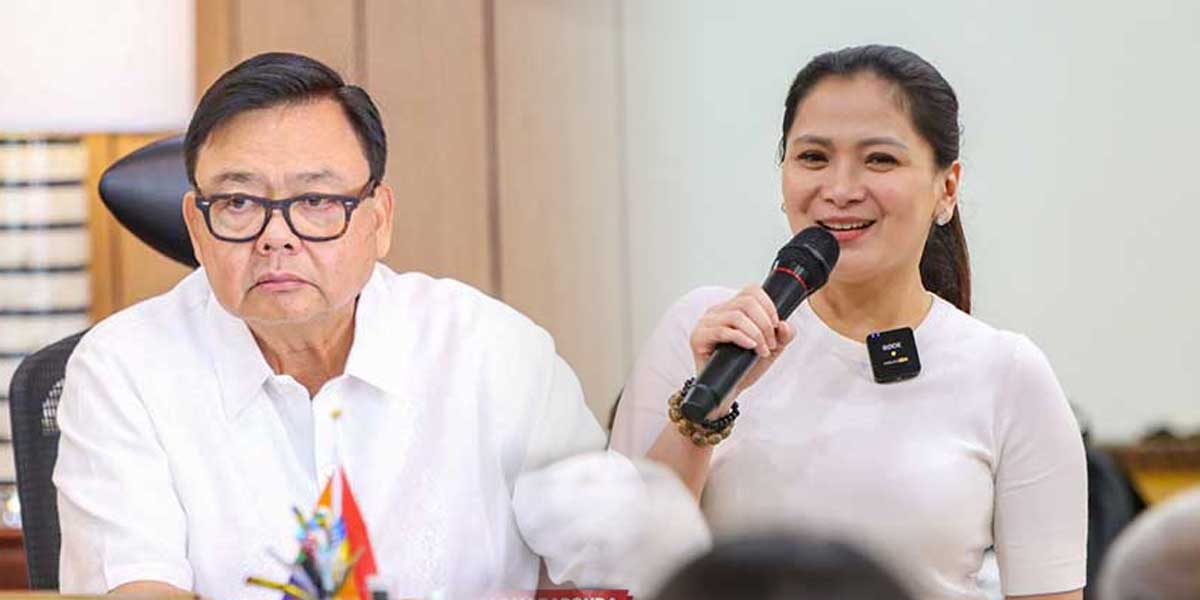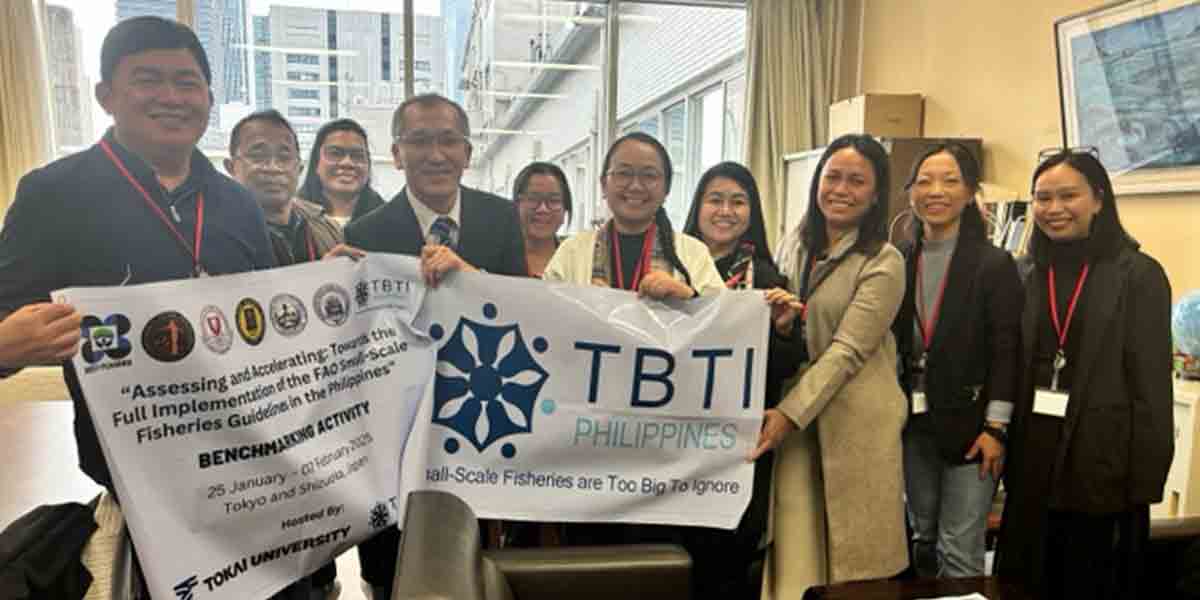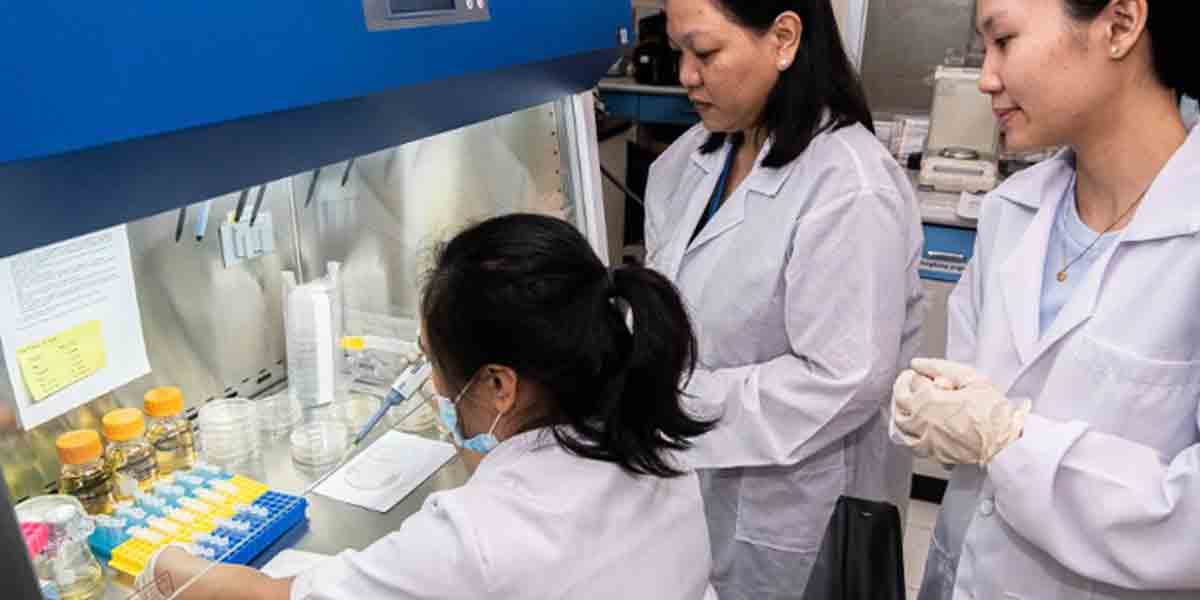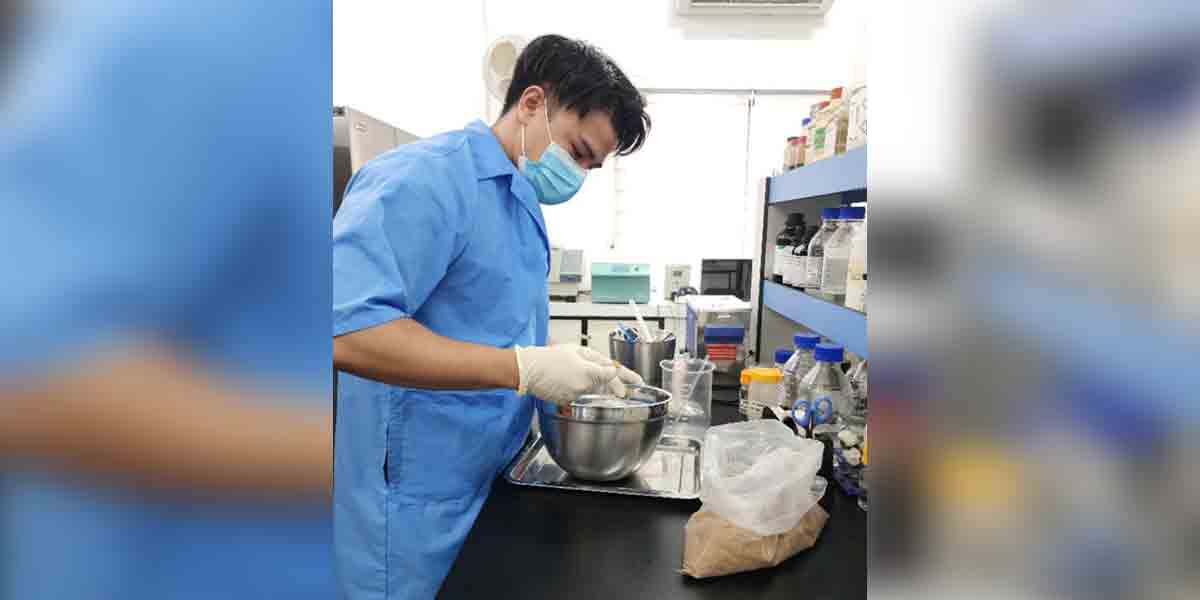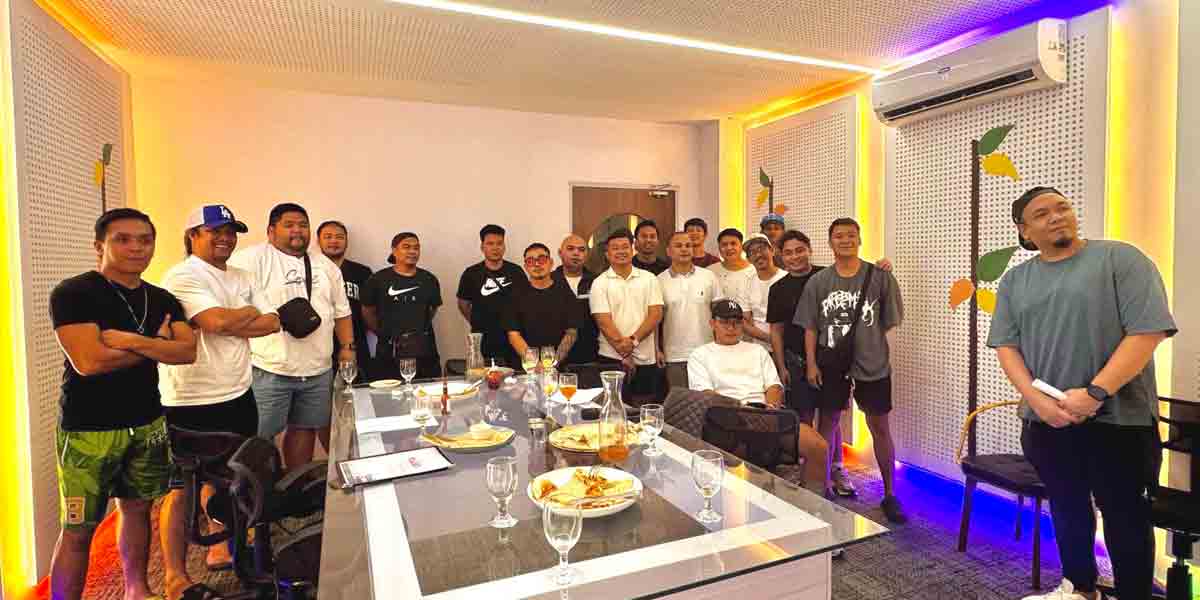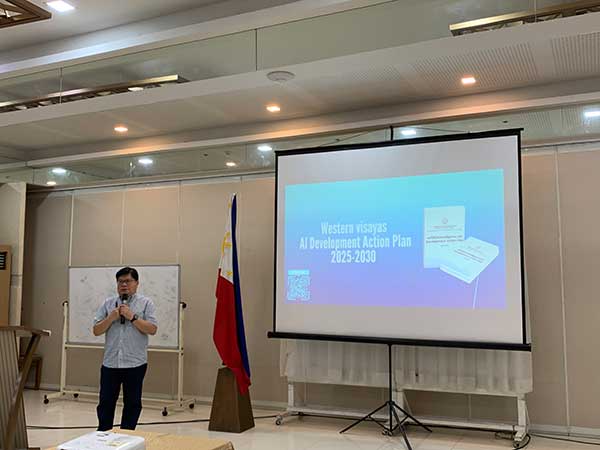
By Rjay Zuriaga Castor
The Western Visayas Regional Development Council (RDC-6) has unveiled a five-year strategic blueprint to harness artificial intelligence (AI) for addressing regional challenges and driving economic and social development.
The Regional Research, Development, and Innovation Committee of RDC-6 officially launched the AI Development Action Plan 2025-2030 on Feb. 14.
The AI roadmap envisions Western Visayas as the AI Hub of the Philippines or the Center for AI Development and Innovation by 2030.
It is the first AI action plan crafted to address regional concerns and opportunities.
Rowen Gelonga, regional director of the Department of Science and Technology (DOST-6), said the roadmap was developed to align the efforts of regional stakeholders in science, technology, and innovation.
The primary goal is to maximize AI’s benefits while minimizing risks and potential misuse.
While national-level AI initiatives exist, Gelonga emphasized the need for a coordinated regional approach to address the socioeconomic challenges posed by AI.
“All of our efforts must be coherent so that we can optimize scarce resources devoted to AI and ensure that all initiatives follow a unified direction at the regional level,” he said.
“We also aim to address the unique socioeconomic development aspirations of the region,” he added.
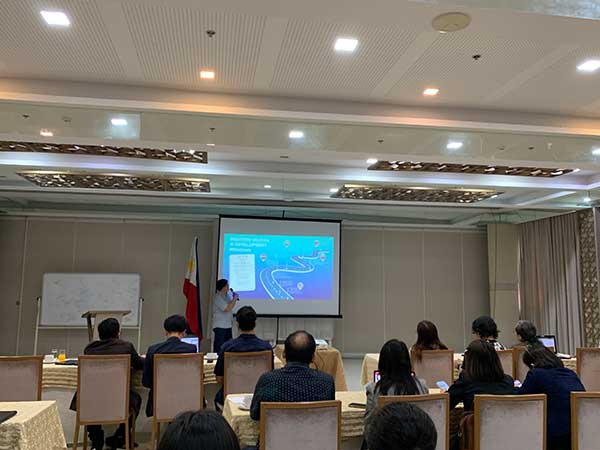
Impact on Business and Workforce
Gelonga identified natural fibers, particularly piña and abaca, as priority sectors where AI can enhance production and development.
He also highlighted AI’s importance in education, health, agriculture, and entertainment, noting that AI is no longer an emerging technology but an integral part of daily life.
To mitigate AI’s potential risks to the workforce, Gelonga stressed that Western Visayas is taking proactive steps before AI evolves further.
On concerns about job displacement in journalism and the BPO industry, he said the action plan addresses both displacement and job transformation, emphasizing the need for talent development.
“The implications of AI on the labor force and priority sectors are interconnected,” he said.
He emphasized that upskilling the workforce is crucial to prevent displacement, enabling workers to transition from simple tasks to higher-value services.
The focus is on shifting service delivery from transactional to value-added services, enhancing employees’ skill sets.
Key Focus Areas
The development plan was crafted in July 2024 by a technical working group composed of academic institutions, government agencies, non-government organizations, and private sector partners in information technology.
It outlines key focus areas, including:
- Governance and Ethics
- Talent Development
- AI Research and Development
- AI Application in Industry
- Awareness, Acceptance, and Use of AI
- AI Startup Development
- AI Infrastructure Development
- Data Sharing and Access
- Partnerships and Linkages
Each area includes goals, strategies, and action plans to address critical factors and ensure that AI technologies are accessible and beneficial to all stakeholders.
The plan also tackles legal and privacy concerns while promoting responsible AI implementation.
The full AI Development Action Plan 2025-2030 can be accessed here: https://drive.google.com/file/d/1Jox5XGgRLqoDjzQL9CLHb_wQWzdx2DXM/view?usp=drivesdk


